
Octopus Alarm(2006)
Alex is intersex. Although he has XY chromosomes, his sex is ambiguous. When Alex was an infant, his mother authorised genital reassignment surgery, and he was thereafter raised female. Now Alex is an adult, and he is consumed by feelings of anger and loss. After meeting other "XY women" and doing a lot of soul-searching, he decides he wants to live as a man.

Movie: Octopus Alarm
Top 1 Billed Cast
Self

Tintenfischalarm
HomePage
Overview
Alex is intersex. Although he has XY chromosomes, his sex is ambiguous. When Alex was an infant, his mother authorised genital reassignment surgery, and he was thereafter raised female. Now Alex is an adult, and he is consumed by feelings of anger and loss. After meeting other "XY women" and doing a lot of soul-searching, he decides he wants to live as a man.
Release Date
2006-02-11
Average
1
Rating:
0.5 startsTagline
Genres
Languages:
EnglishDeutschKeywords
Similar Movies
 7.3
7.3We Feed the World(de)
A documentary that exposes the shocking truths behind industrial food production and food wastage, focusing on fishing, livestock and crop farming. A must-see for anyone interested in the true cost of the food on their plate.
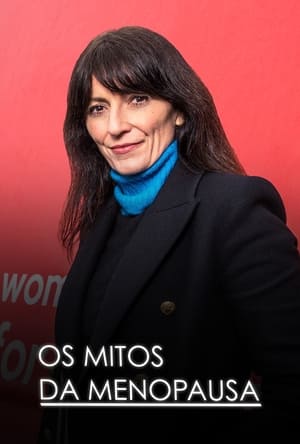 7.5
7.5Davina McCall: Sex, Myths and the Menopause(en)
Davina was 44 and felt like she was losing it - hot flushes, depression, mental fog. Now she tells her menopause story, busting midlife taboos from sex to hormone treatment.
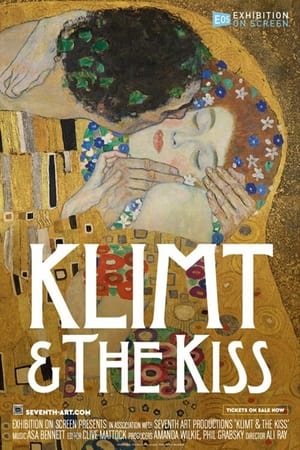 8.0
8.0Klimt & The Kiss(en)
The Kiss by Gustav Klimt is one of the most recognised and reproduced paintings in the world. It is perhaps the most popular poster on student dorm walls from Beijing to Boston. Painted in Vienna around 1908, the evocative image of an unknown embracing couple has captivated viewers with its mystery, sensuality and dazzling materials ever since it was created. But just what lies behind the appeal of the painting – and just who was the artist that created it? Delving into the details of real gold, decorative designs, symbolism and simmering erotica, a close study of the painting takes us to the remarkable turn of the century Vienna when a new world was battling with the old.
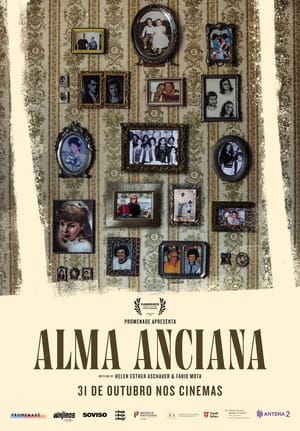 0.0
0.0Alma Anciana(pt)
Three juxtaposing stories taking place in Portugal, Austria and Cuba create an intimate and poetic portrait of the daily lives and struggles of the elderly in an unstable world, seen through the eyes of their grandchildren.
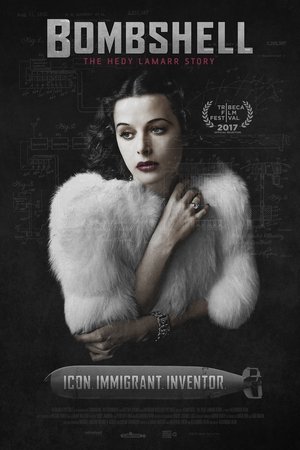 6.9
6.9Bombshell: The Hedy Lamarr Story(en)
The life and career of the hailed Hollywood movie star and underappreciated genius inventor, Hedy Lamarr.
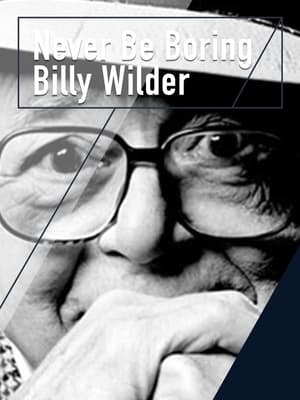 7.3
7.3Never Be Boring: Billy Wilder(de)
A funny walk through the life story of Billy Wilder (1906-2002), a cinematic genius; a portrait of a filmmaker who never was a boring man, a superb mind who had ten commandments, of which the first nine were: “Thou shalt not bore.”
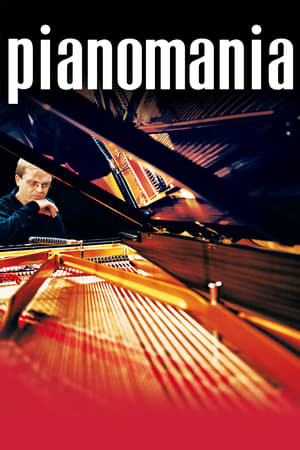 6.5
6.5Pianomania(de)
Pianomania takes the audience on a humorous journey through the secret world of sound and accompanies Stefan Knüpfer in his extraordinary work with the greatest pianists in the world. To select the instrument that corresponds to the vision of the virtuoso, according it to his desire and accompany him until he goes on stage, Stefan Knüpfer has developed nerves of steel, a boundless passion and above ability to translate words into sounds.
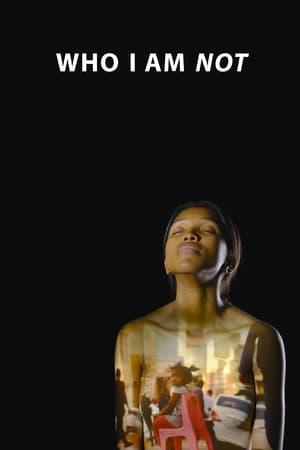 6.2
6.2Who I Am Not(en)
Sharon-Rose Khumalo, a South African beauty queen, faces an identity crisis after discovering she's intersex. Her path crosses with Dimakatso Sebidi, a masculine-presenting intersex activist, as they both navigate a journey marked by society’s stigma and inner struggles. Intertwining raw reality with poetic beauty, Who I am Not captures the heart-wrenching fight for acceptance in a binary world.
 10.0
10.0Laissez-faire(it)
A historical perspective to understand Neoliberalism and to understand why this ideology today so profoundly influences the choices of our governments and our lives.
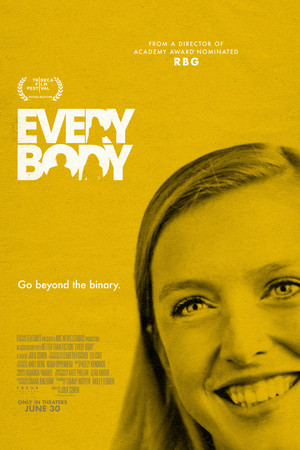 6.4
6.4Every Body(en)
Three intersex individuals overcame shame, secrecy and unauthorized surgery throughout their childhoods to enjoy successful adulthoods, choosing to ignore medical advice to conceal their bodies and coming out as who they truly are.
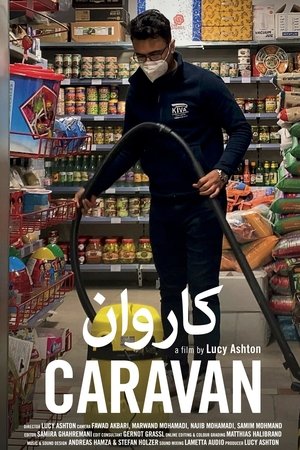 0.0
0.0Caravan(en)
The four Afghan refugees who have applied for asylum in Austria strike up the song, “The caravan moves on” again and again. Encouraged by the journalist Lucy Ashton to record their lives on their smartphone cameras as a video diary, the friends film their precarious daily routine between visits to authorities, small jobs, and changing accommodations. Yet even when hope is lost, one certainty remains: the power of friendship.
 8.1
8.1Propaganda(en)
An anti-western propaganda film about the influences of American visual and consumption culture on the rest of the world, as told from a North Korean perspective.
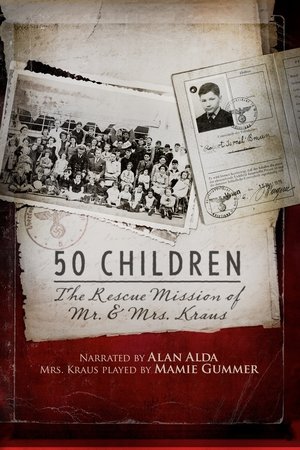 6.0
6.050 Children: The Rescue Mission of Mr. and Mrs. Kraus(en)
In the spring of 1939, Gilbert and Eleanor Kraus embarked on a risky and unlikely mission. Traveling into the heart of Nazi Germany, they rescued 50 Jewish children from Vienna and brought them to the United States.
 0.0
0.0Beethoven's Birthday: A Celebration in Vienna with Leonard Bernstein(en)
In this documentary portrait prepared for the anniversary of Ludwig Van Beethoven's 200th birthday, Leonard Bernstein illustrates his analysis with excerpts from his performances of Beethoven's Piano Concerto No. 1 in C Major and the Ode to Joy from the Ninth Symphony.
 0.0
0.0The Good Breast(en)
Four strikingly different women undergo treatment at a comprehensive breast center presided over by the inimitable and searingly honest veteran surgeon Dr. Lauren Schnaper. She believes that fear, ignorance, and pink-ribbon culture are fueling an explosive rate of unnecessary mastectomies in America. Blending medical archival footage with extensive 'collateral damage' suffered by our four women - repeated loss of implants, blood infections caused by multiple surgical procedures, cosmetic nipple exchanges, reactions to cadaver's skin that is used to house breast implants - we learn that breast reconstruction post-mastectomy is no 'boob job.' As Dr. Schnaper advocates breast conservation and debunks breast cancer myths, so the myth of St. Agatha, the Sicilian martyred saint of the breast, offers a commentary on our own confused contemporary moment.
The Codes of Gender(en)
Arguing that advertising not only sells things, but also ideas about the world, media scholar Sut Jhally offers a blistering analysis of commercial culture's inability to let go of reactionary gender representations. Jhally's starting point is the breakthrough work of the late sociologist Erving Goffman, whose 1959 book The Presentation of the Self in Everyday Life prefigured the growing field of performance studies. Jhally applies Goffman's analysis of the body in print advertising to hundreds of print ads today, uncovering an astonishing pattern of regressive and destructive gender codes. By looking beyond advertising as a medium that simply sells products, and beyond analyses of gender that tend to focus on either biology or objectification, The Codes of Gender offers important insights into the social construction of masculinity and femininity, the relationship between gender and power, and the everyday performance of cultural norms.
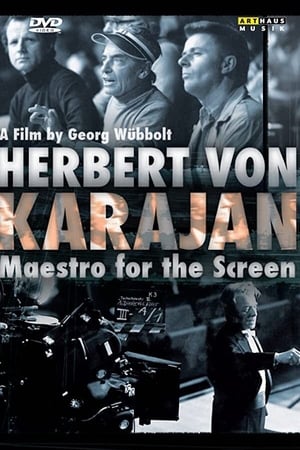 0.0
0.0Herbert von Karajan: Maestro for the Screen(de)
Documentary on conductor Herbert van Karajan, focusing on his early adoption of audio and video recording technology and his impetus to make use of it to preserve his musical legacy for future generations.
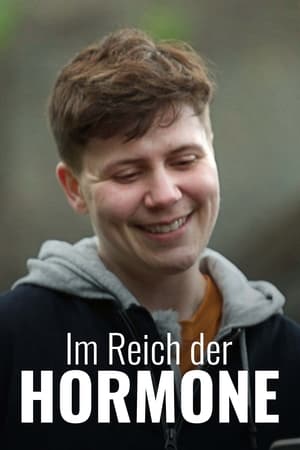 8.0
8.0In the Realm of Hormones: Myth and Reality(de)
Hormones – without them, nothing would work in our body: the messenger substances control our physical and mental state. New studies show how complex the connection between hormones, feelings and behavior really is. Surprisingly, the body's own hormone production is also apparently influenced by a person's behavior.
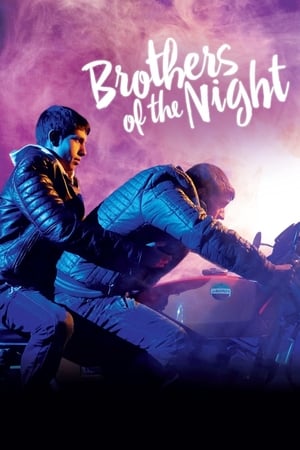 5.2
5.2Brothers of the Night(de)
Soft boys by day, kings by night. The film follows a group of young Bulgarian Roma who come to Vienna looking for freedom and a quick buck. They sell their bodies as if that's all they had. What comforts them, so far from home, is the feeling of being together. But the nights are long and unpredictable.
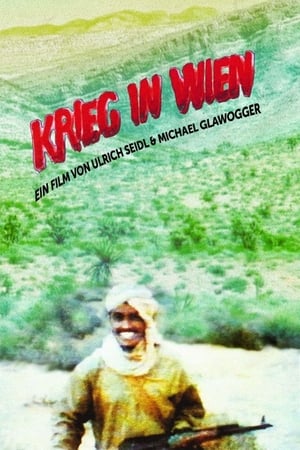 0.0
0.0War in Vienna(de)
A film about news, life and death. Before the media became so prevalent, we were concerned about our immediate neighborhood. At the end of the day, news was the subject of our conversations, but now it's possible to converse with someone at the other end of the globe. We do it all the time. It's simple. The world has become one big neighborhood. Now Headline News has replaced the back fence. That's the news service of the eigthies. It's a new idea and a new approach.